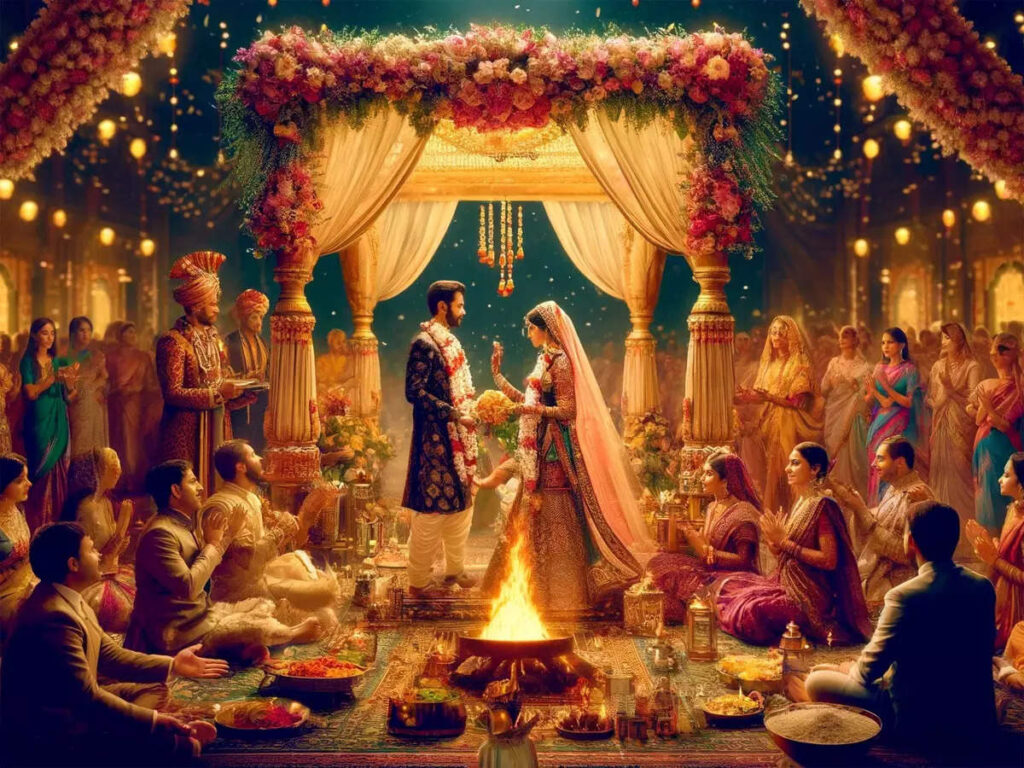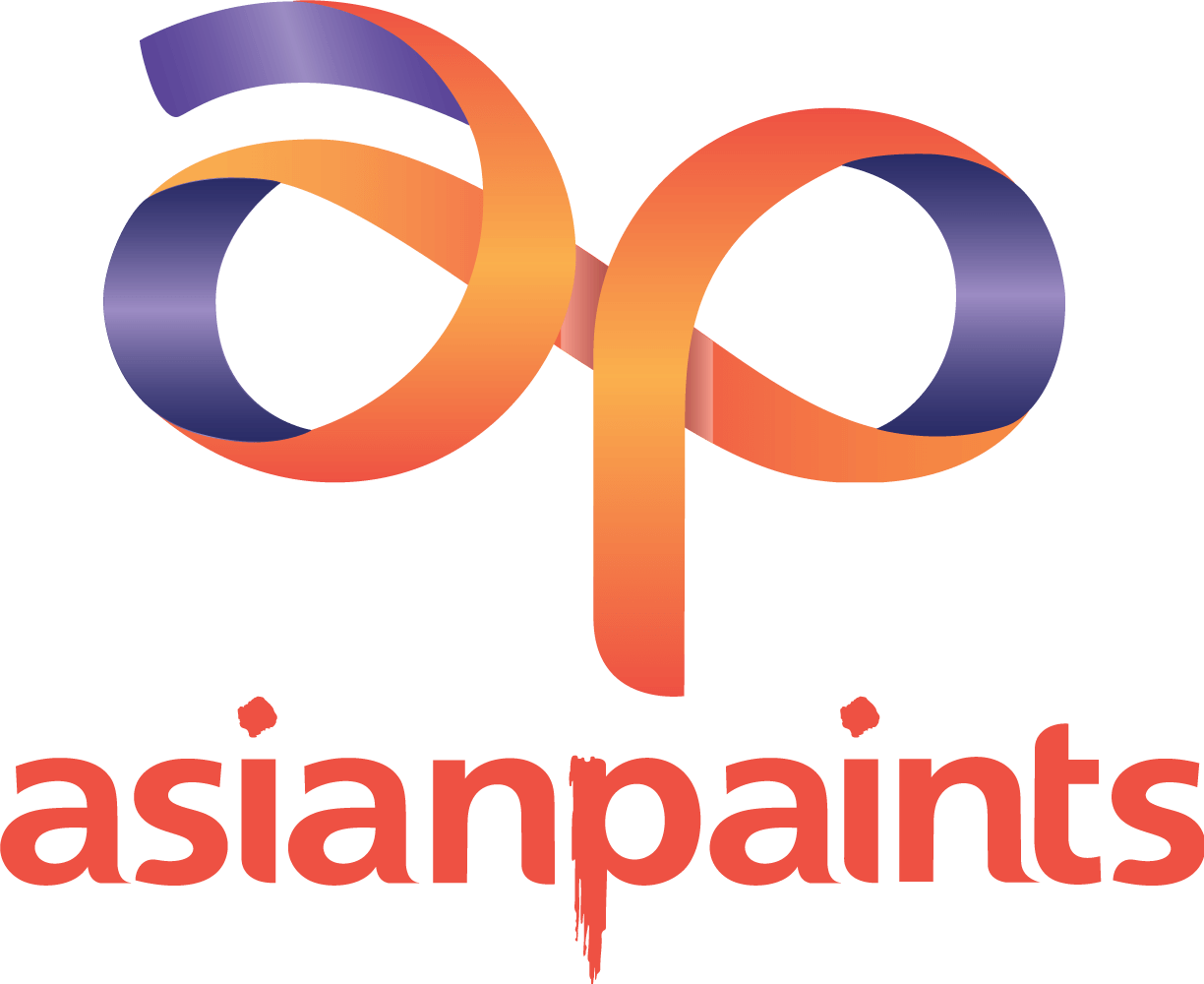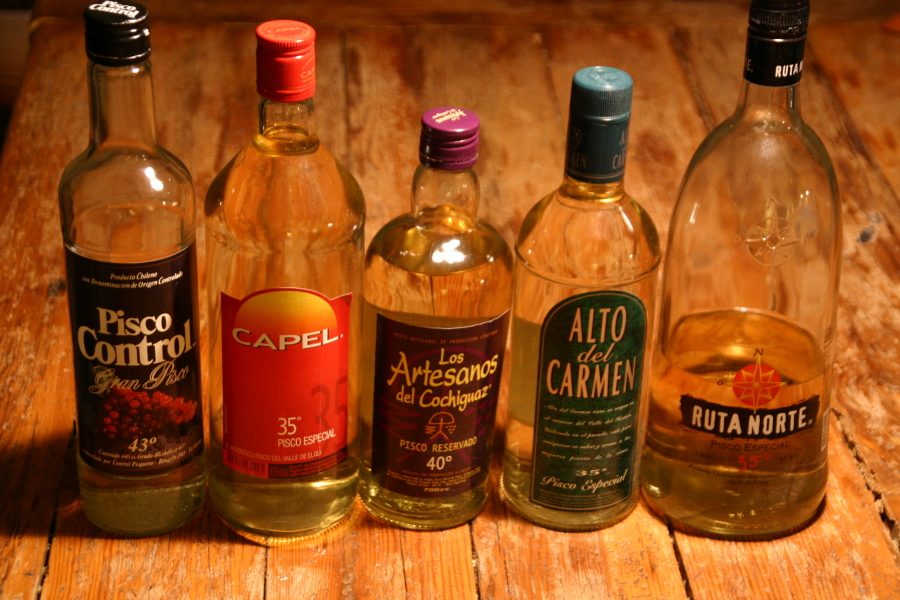For more intellectual property updates follow our WhatsApp Channel.
Written by Ronsiya Roy, Legal Intern, and Verified by Sunil Jose, Managing Attorney, Suns Legal.
CASE TITLE: PHONOGRAPHIC PERFORMANCE LTD. V. STATE OF GOA AND OTHERS 2024 SCC ONLINE BOM 2713
The Bombay High Court recently set aside a circular issued by the Government of Goa that allowed people to perform musical recordings during religious ceremonies, including weddings.
Phonographic Performance Ltd. (PPL), an Indian registered copyright society, provides access to an extensive collection of sound recordings and offers a single window for consumers to access its vast repertoire. Under Section 30 of the Copyright Act, PPL issues licenses for the public performance of its recordings.
PPL has filed a petition under Article 226 of the Constitution to challenge a circular dated January 30, 2024. The circular, issued by the Government of Goa, permits hotels and Copyright Societies to forego the need for permission to perform musical works or recordings during religious ceremonies, festivals, weddings, and other social festivities associated with marriage. PPL seeks to quash this circular, arguing that it undermines their licensing authority, and the protections provided under the Copyright Act.
The petitioner argued that the Home Ministry of Goa (referred to as Respondent No. 1), as an executive arm of the government, lacked the authority to interpret the law. According to the petitioner, Respondent No. 1 expanded the scope of Section 52(1)(za) of the Copyright Act (referred to as the impugned section), thereby overriding statutory provisions. Section 52(1)(za) states that “the performance of a musical work or a sound recording during any bona fide religious ceremony or an official ceremony held by the Central/State government or a local authority does not amount to copyright infringement.” The petitioner contends that Respondent No. 1’s actions exceeded its legal powers and misinterpreted the law.
The respondent argued that the State government issued the circular under the executive powers granted by Article 162 of the Constitution. The respondent further stated that the circular was issued in the public interest, taking into account a Public Notice released by the Central government on July 24, 2023. According to the respondent, the impugned section includes bona fide religious ceremonies such as marriage processions and other social festivities associated with marriage. The Central government’s public notice directed copyright societies to avoid actions that violate the impugned section and warned the general public not to comply with any unreasonable demands from copyright societies. Additionally, the notice clarified that the impugned section encompasses marriage processions and other social festivities associated with marriage as part of religious ceremonies.
In deciding the present case, the Court refrained from expressing any opinion on the public notice issued by the Central government, as the petition did not challenge it. The Court held that although the circular issued by the State of Goa aimed to inform citizens about the scope of the impugned section, it distorted the provisions. The Court determined that the circular exceeded the scope of the section.
Furthermore, the Court held that determining what constitutes a non-infringing act under copyright law is best left to the competent forum, in accordance with the mechanism provided under the Act. Consequently, the Court determined copyright infringement on a case-by-case basis. As a result, the Court quashed and set aside the circular issued by the State of Goa.
In a similar case, Phonographic Performance Limited v. Lookpart Exhibitions and Events CS (COMM) 188/2022 and I.A. 4772/2022, Phonographic Performance Limited sought an injunction against Lookpart Exhibitions and Events Private Ltd, an event management company providing various services, including DJ services for social events such as weddings. The Delhi High Court held that, in the Indian context, music is an integral part of any wedding or marriage ceremony. The music played typically ranges from devotional or spiritual music for the marriage ceremony to popular music in various languages. Apart from the marriage ceremony itself, other events such as tilak, sagan, cocktail parties, dinner, mehndi, and sangeet have become integral to wedding festivities.
In that case, he Delhi High Court sought an expert opinion from Professor Dr. Arul George Scaria. The court appointed Dr. Scaria to assist in interpreting the legislative history and relevant case law concerning Section 52(1)(za) of the Copyright Act, 1957.
He submitted that the courts should consider several aspects while adjudicating the scope of Section 52(1)(za). Firstly, marriage is an important social institution in India. Secondly, because copyright infringement is treated as a cognizable and non-bailable offense by the Supreme Court, a narrow interpretation of this provision could lead to potential harassment by police officers and copyright owners during important marriage ceremonies or festivities. Thirdly, potential police intervention during these events poses a threat to the right to privacy guaranteed under the Constitution.
However, the case was settled amicably between the parties. As a result, the suit was withdrawn, and the court did not issue a final decision.
Since Lookpart Exhibitions and Events case was settled out of court, it did not establish a legal precedent that could be directly applied to PPL’s case against the Goa government circular.
Author’s comments
In India, marriages are celebrated with the same enthusiasm as festivals. Since music is an integral part of festivals, the judiciary needed to form a legal opinion on whether performing musical recordings at marriage ceremonies constitutes copyright infringement.
In the present case, the High Court quashed and set aside the Goa circular that permitted the playing of music recordings at marriages. In contrast, the Central government issued a circular granting similar permission, which has not been disputed, and courts have not expressed any opinion on its legality or applicability.
This case highlights the need to review the Central government notice and establish a firm legal standpoint on the scope of Section 52(1)(za) of the Copyright Act across the country.





